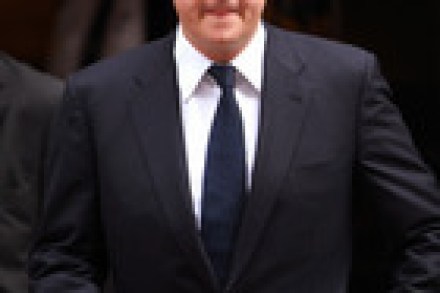Cameron’s morals
By his own admission, to today’s Mail, David Cameron is not afraid of unpopularity. On hearing this, a few quizzical grins may break across his critics’ faces, but, undeniably, the government’s fate was cast this week: either its fiscal plan will work or it won’t. Cameron is unperturbed because he is sure that he is right – not only in his political and economic judgement, but also in terms of morality. It is ‘right’ that everyone contributes, ‘right’ that the affluent forgo some state-awarded privileges, ‘right’ that those who have scrounged are made to toil, ‘right’ that those who were subsumed by welfare dependency are freed, ‘right’ that Britain honour its pledge



















